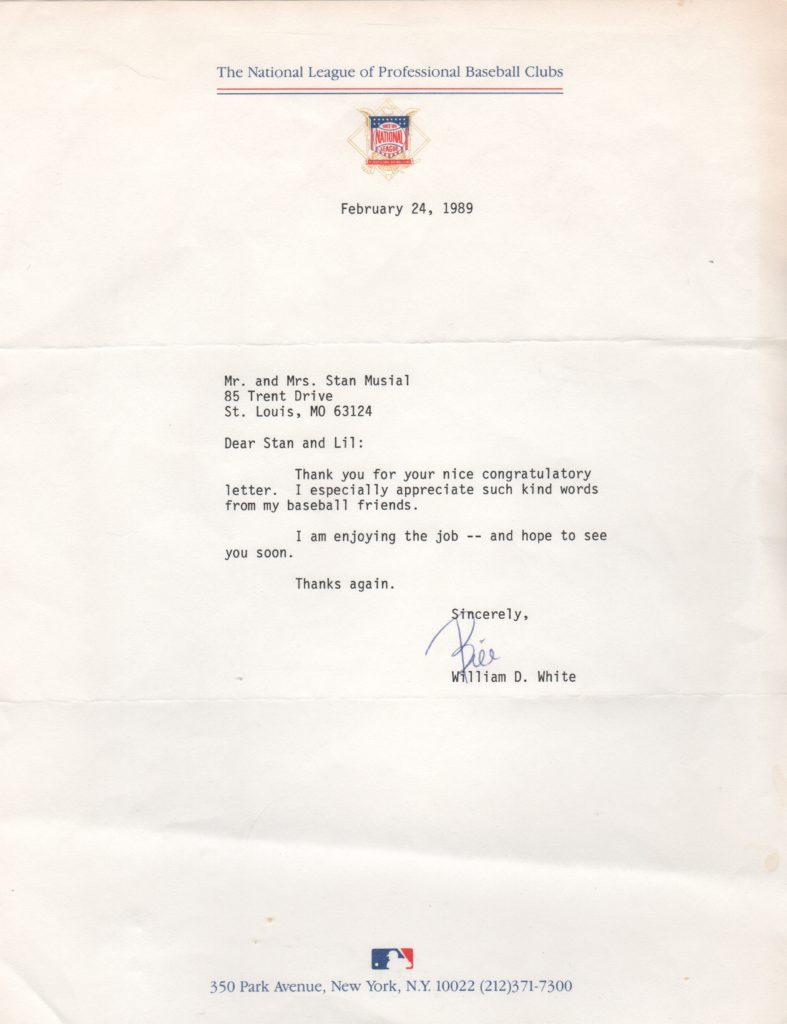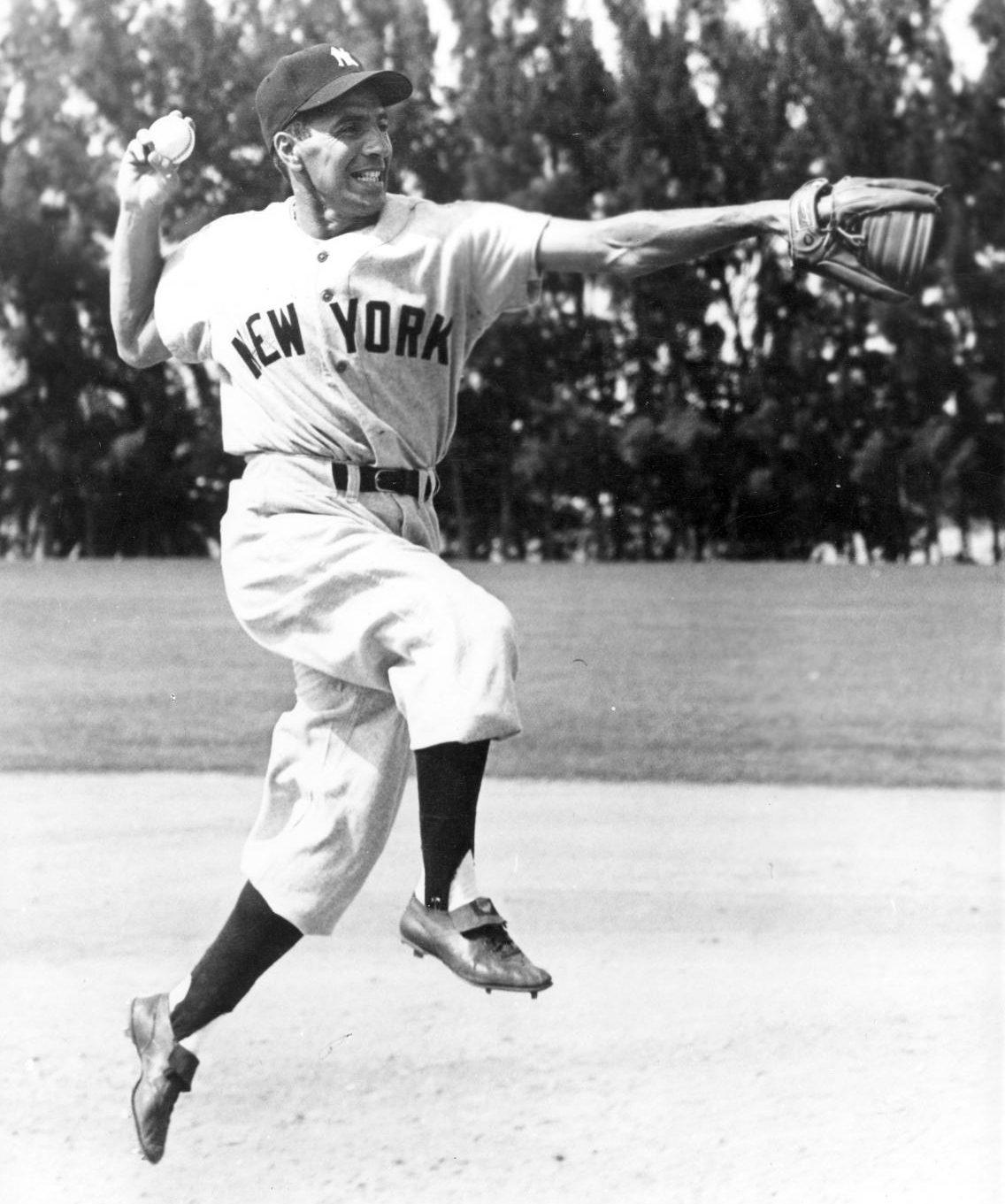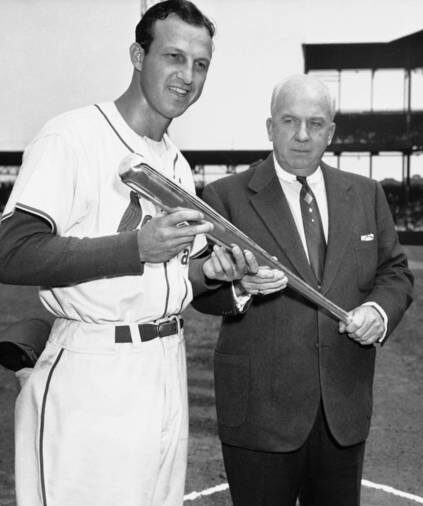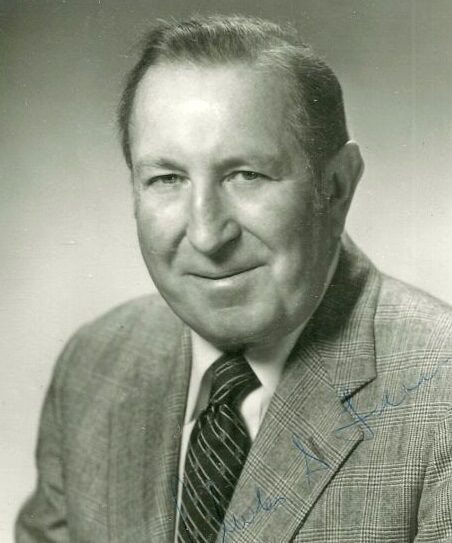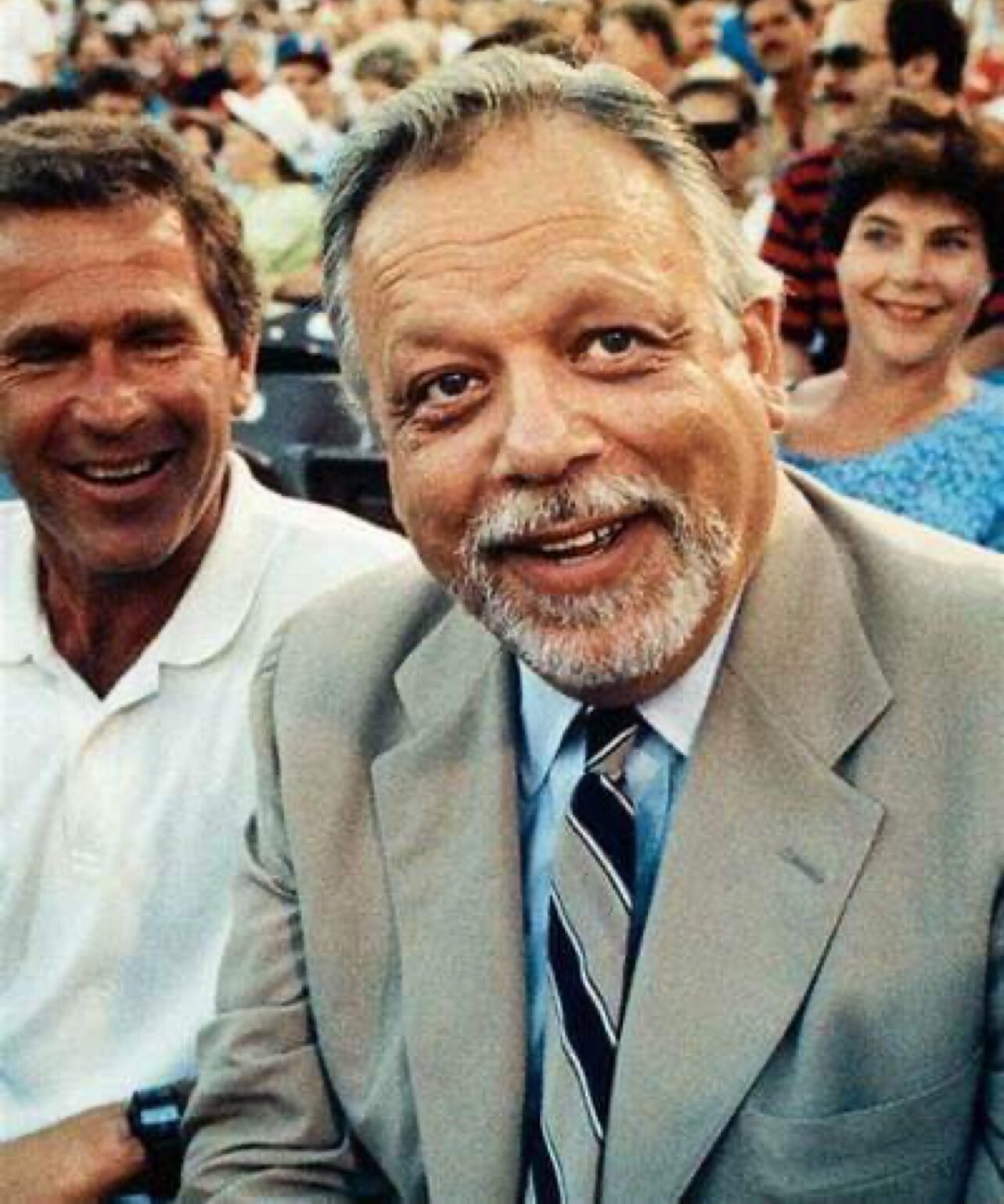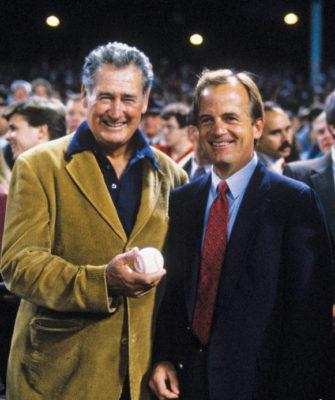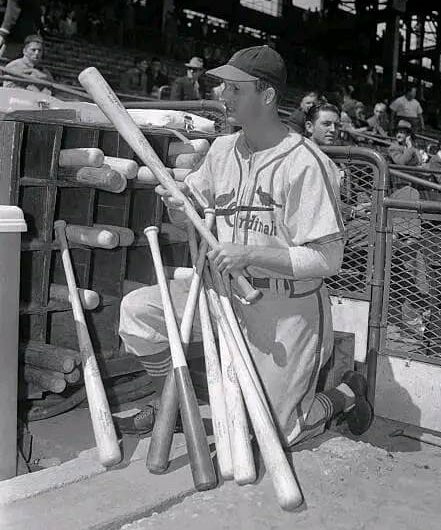Bill White
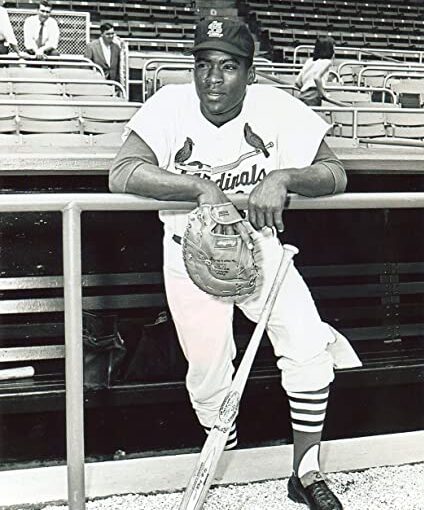
| Birthdate | 01/28/1934 |
| Death Date | |
| Debut Year | 1956 |
| Year of Induction | |
| Teams | Cardinals, Giants, MLB, National League, Phillies |
| Positions | Executive, First Base, League President |
After a thirteen-year playing career, Bill White became an Yankee announcer for 18 seasons and later the President of the National League.
Leave a commentIn the collection:
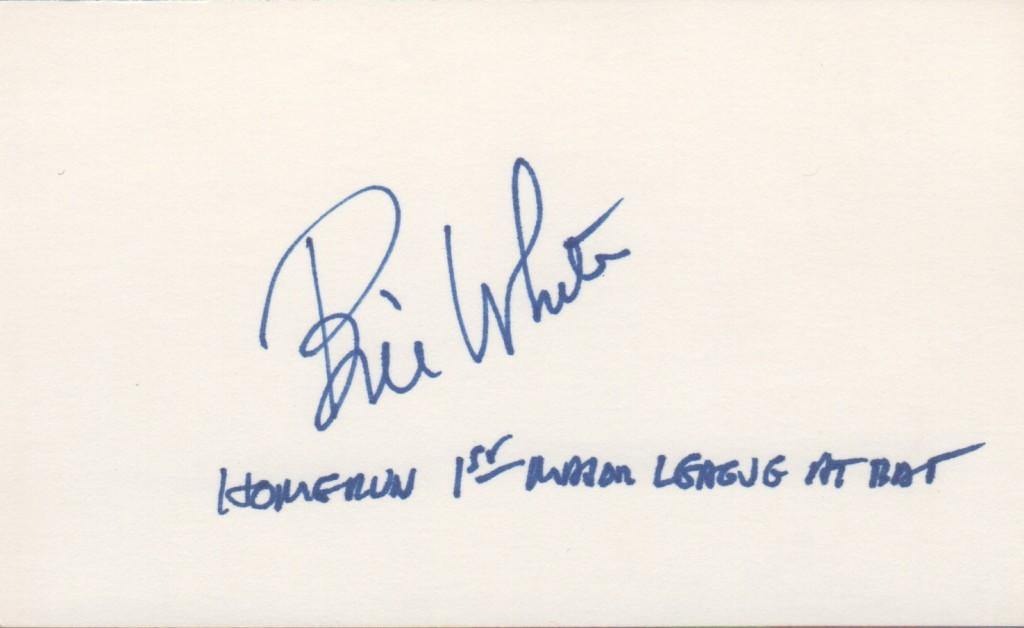
Bill White hit a homer in his first big league at bat with the New York Giants
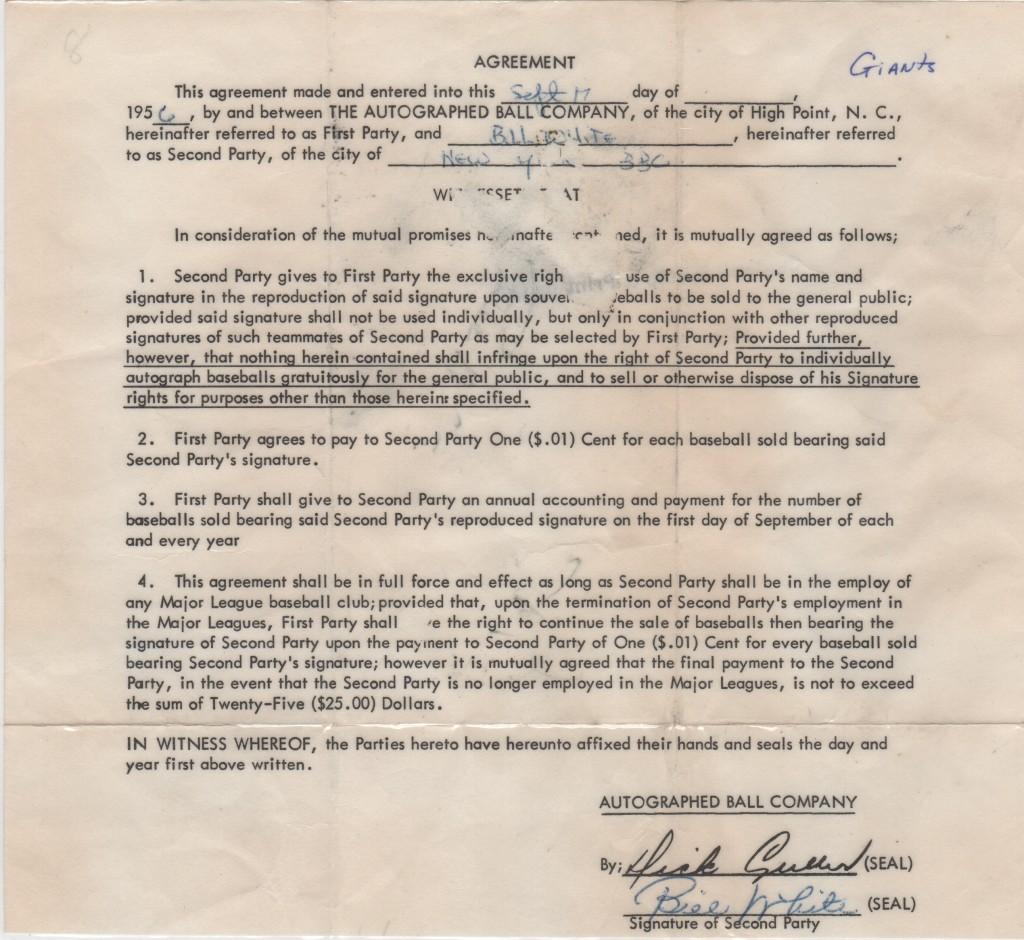
After White was traded from the Giants to the Cardinals he found stardom
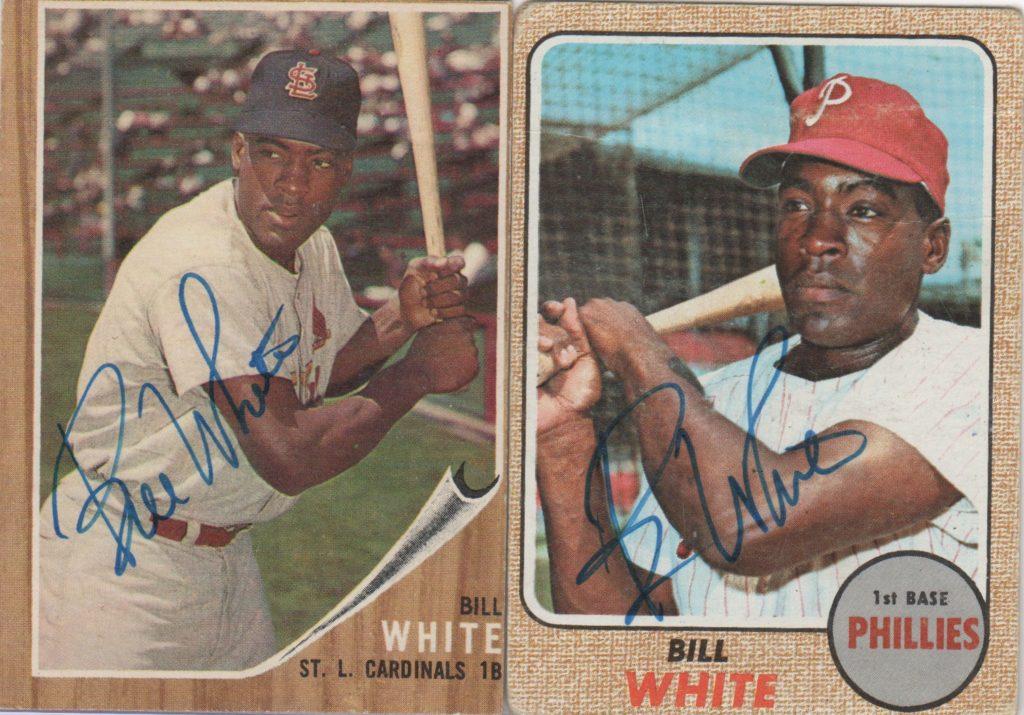
After 7 seasons in St. Louis, the Cardinals sent him to Philadelphia in 1965
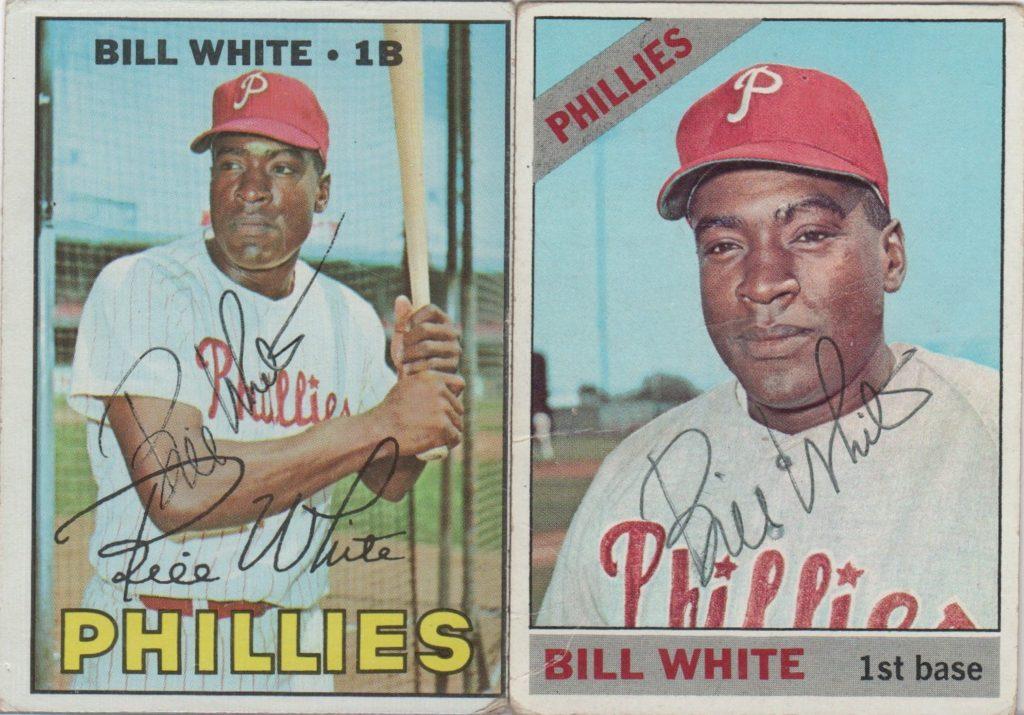
White's 13-year playing career included 8 all star games and 7 Gold Glove Awards
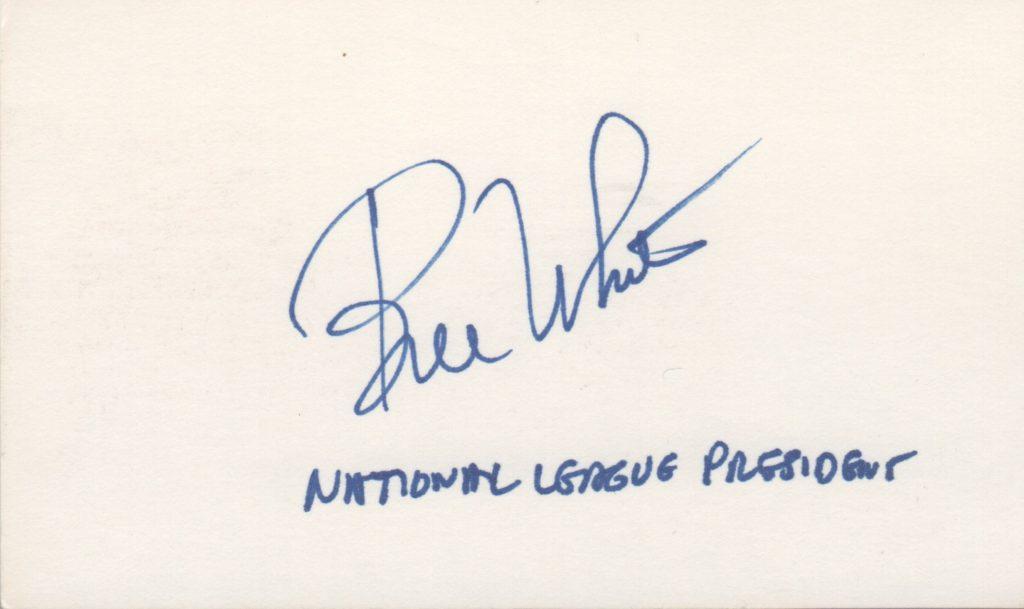
After his playing career, White moved to the broadcast booth then to the NL presidency
